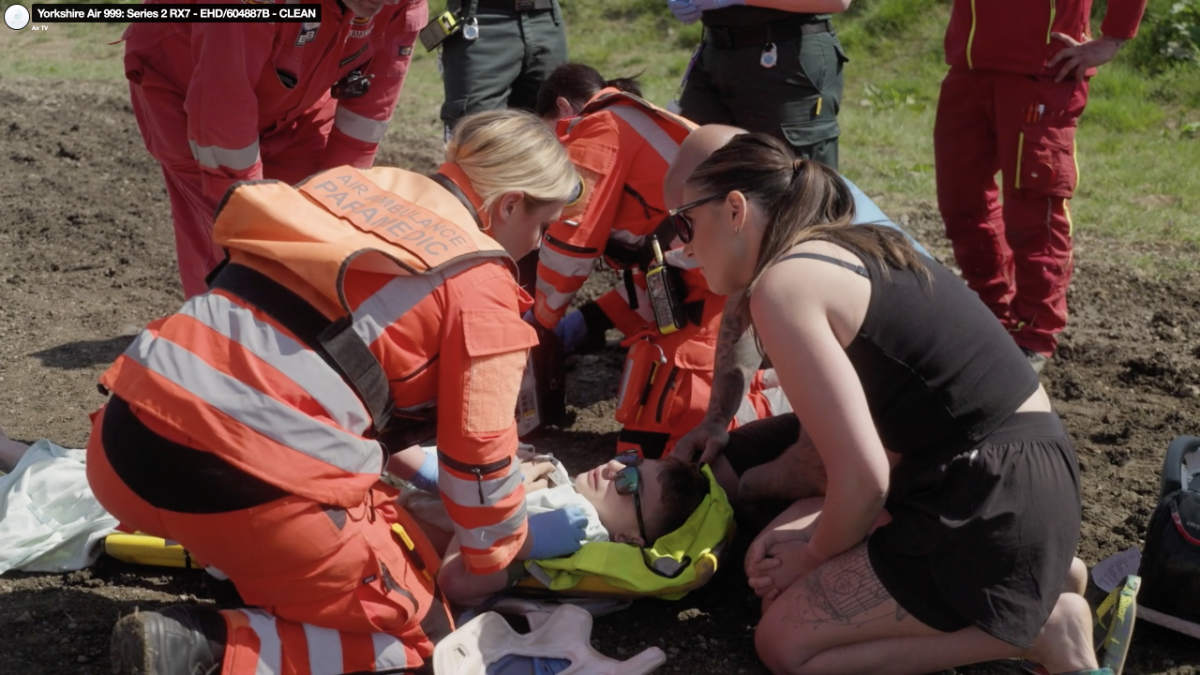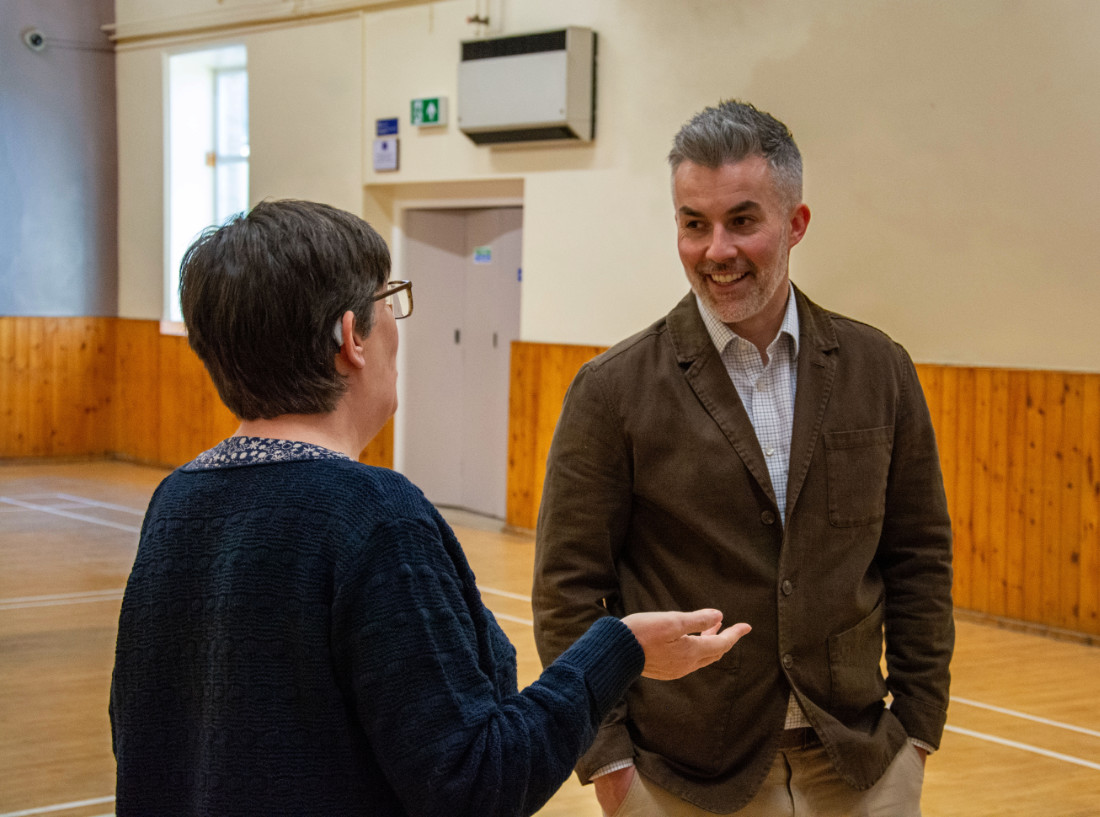A major international project, led by a skin specialist at Harrogate District Hospital, has identified the priority areas that acne patients and those that care for acne want doctors and researchers to focus on in tackling the condition.
Over 4,000 people from all over the world submitted questions to this Acne Priority Setting Partnership which identified what they would like to see answered by new research. The responses were whittled down to a “top 10” list of questions that will now form the focus of research.
The Dermatology Department at Harrogate and District NHS Foundation Trust delivers a dedicated acne service led by Dr Alison Layton. The service attracts referrals from all over the UK. Dr Layton acted as lead for this Acne Priority Setting Partnership.
Dr Layton said: As a specialist who has been looking after patients suffering from acne for many years, it has been fascinating to understand what matters most to all those people with acne who I never see in my hospital-based clinic.
It has also been revealing to see what my fellow healthcare professionals and those who treat acne outside the NHS regard as priorities for acne treatment research. We’ve listened to and learnt from all of them. There is still so much that we don’t know about widely used treatments.
The top 10 priority questions to be answered are:
1. What management strategy should be adopted for the treatment of acne in order to optimise short and long-term outcomes?
2. What is the correct way to use antibiotics in acne to achieve the best outcomes with least risk?
3. What is the best treatment for acne scars?
4. What is the best way of preventing acne?
5. What is the correct way to use a commonly used oral medicine called isotretinoin (Roaccutane) in acne in order to achieve the best outcomes with least risk of potentially serious adverse effects?
6. Which lifestyle factors affect acne susceptibility or acne severity the most and could diet be one of them?
7. What is the best way of managing acne in mature women who may or may not have underlying hormonal abnormalities?
8. What is the best topical product for treating acne?
9. Which physical therapies including lasers and other light based treatments are safe and effective in treating acne?
10. How long do acne treatments take to work and which ones are fastest acting?
Dr Layton added: Our number one priority might seem very broad but it reflects the fact that acne is a chronic condition that requires a radically new approach to long-term management if we are to meet people’s expectations of high quality care.
Lester Firkins of the James Lind Alliance, which organized the project, was chairman of the Acne Priority Setting Partnership (PSP) Steering Group, he said: The final workshop was a massive credit to all who took part. Given that acne predominantly affects teenagers and young adults, it was essential that their voices were heard loud and clear.
It’s now up to the research community to rise to the challenge and provide the answers patients and professionals want to increase the benefits and lower the risks of acne treatments.
The Acne Priority Setting Partnership is administered from the Department of Dermatology at Harrogate and District NHS Foundation Trust. It is funded by grants from the UK Dermatology Clinical Trials Network and the Society for Academic Primary Care. For further information go to www.acnepsp.org
The study was supported by the National Institute for Health Research.







